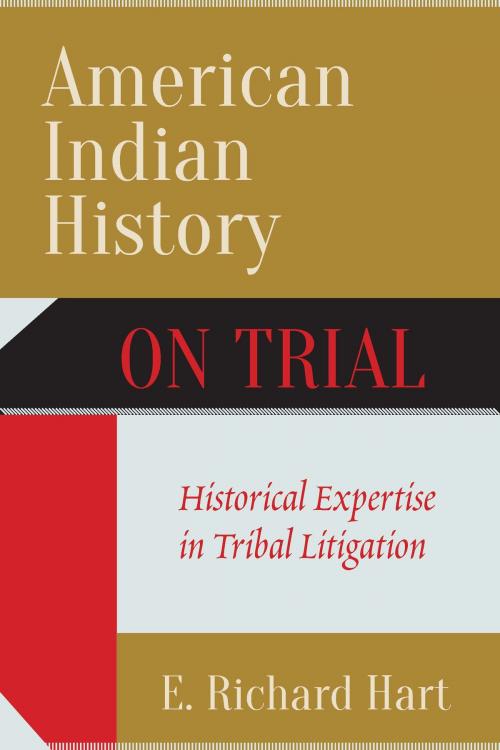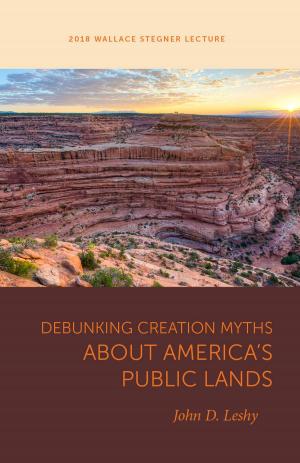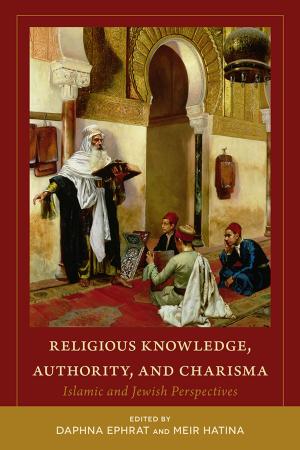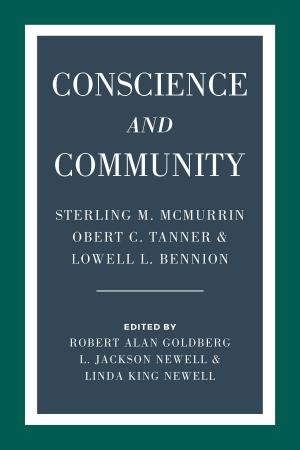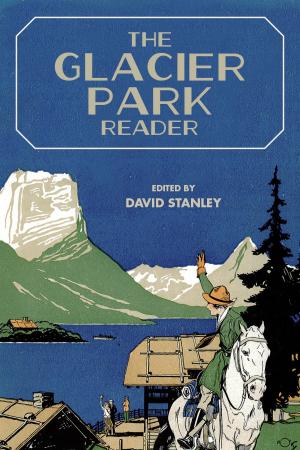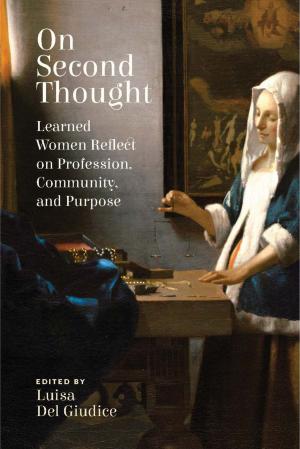American Indian History on Trial
Historical Expertise in Tribal Litigation
Nonfiction, Social & Cultural Studies, Social Science, Cultural Studies| Author: | E. Richard Hart | ISBN: | 9781607815969 |
| Publisher: | University of Utah Press | Publication: | December 31, 2017 |
| Imprint: | University of Utah Press | Language: | English |
| Author: | E. Richard Hart |
| ISBN: | 9781607815969 |
| Publisher: | University of Utah Press |
| Publication: | December 31, 2017 |
| Imprint: | University of Utah Press |
| Language: | English |
Drawing from forty-five years of experience, E. Richard Hart elucidates the use of history as expert testimony in American Indian tribal litigation. Such lawsuits deal with aboriginal territory; hunting, fishing, and plant gathering rights; reservation boundaries; water rights; federal recognition; and other questions that have a historical basis. The methodology necessary to assemble successful expert testimony for tribes is complex and demanding and the legal cases have serious implications for many thousands of people, perhaps for generations.
Hart, a historian who has testified in cases that have resulted in roughly a billion dollars in judgments, uses specific cases to explain at length what kind of historical research and documentation is necessary for tribes seeking to protect and claim their rights under United States law. He demonstrates the legal questions that Native Americans face by exploring the cultural history and legal struggles of six Indian nations. He recounts how these were addressed by expert testimony grounded in thorough historical understanding, research, and argumentation. The case studies focus on the Wenatchi, Coeur d’Alene, Hualapai, Amah Mutsun, Klamath, and Zuni peoples but address issues relevant to many American tribes.
Drawing from forty-five years of experience, E. Richard Hart elucidates the use of history as expert testimony in American Indian tribal litigation. Such lawsuits deal with aboriginal territory; hunting, fishing, and plant gathering rights; reservation boundaries; water rights; federal recognition; and other questions that have a historical basis. The methodology necessary to assemble successful expert testimony for tribes is complex and demanding and the legal cases have serious implications for many thousands of people, perhaps for generations.
Hart, a historian who has testified in cases that have resulted in roughly a billion dollars in judgments, uses specific cases to explain at length what kind of historical research and documentation is necessary for tribes seeking to protect and claim their rights under United States law. He demonstrates the legal questions that Native Americans face by exploring the cultural history and legal struggles of six Indian nations. He recounts how these were addressed by expert testimony grounded in thorough historical understanding, research, and argumentation. The case studies focus on the Wenatchi, Coeur d’Alene, Hualapai, Amah Mutsun, Klamath, and Zuni peoples but address issues relevant to many American tribes.
